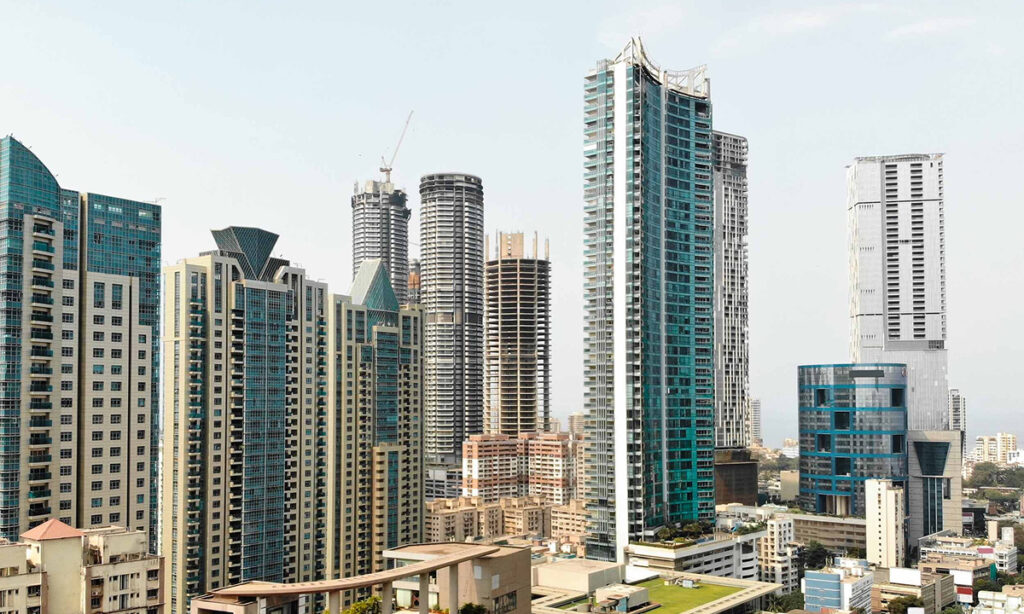Application
Powering India. Powering the world.
Where Strength Meets Purpose: Applications of Our Steel
Our steel products are engineered to perform in a wide range of industries and infrastructure projects. From everyday residential buildings to highly specialized structures like nuclear power plants, TSL Steel provides strength, reliability, and long-term durability in every application.
Railways
Steel is a vital component in railway infrastructure, used extensively in tracks, bridges, station structures, and support systems. It must endure constant vibrations, heavy loads, and long-term wear and tear. The strength and reliability of steel ensure the safety and efficiency of trains and passenger systems across the country. Whether it’s for rail tracks or structural components of platforms and bridges, high-quality steel ensures performance without compromise.
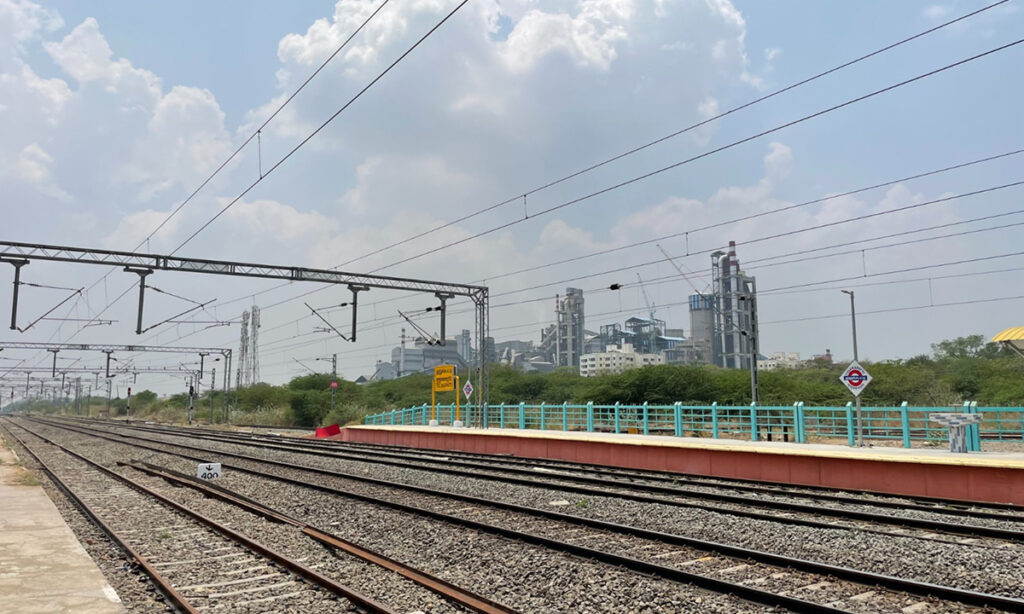
Nuclear Power Plants
Nuclear facilities demand the highest standards in construction due to their sensitive nature and exposure to extreme heat and pressure. Steel is used in the structural framework, containment systems, and critical safety areas of these plants. It must offer excellent strength, dimensional stability, and resistance to radiation and corrosion. Proper use of steel ensures long-term safety, protection, and uninterrupted operation in highly controlled environments.
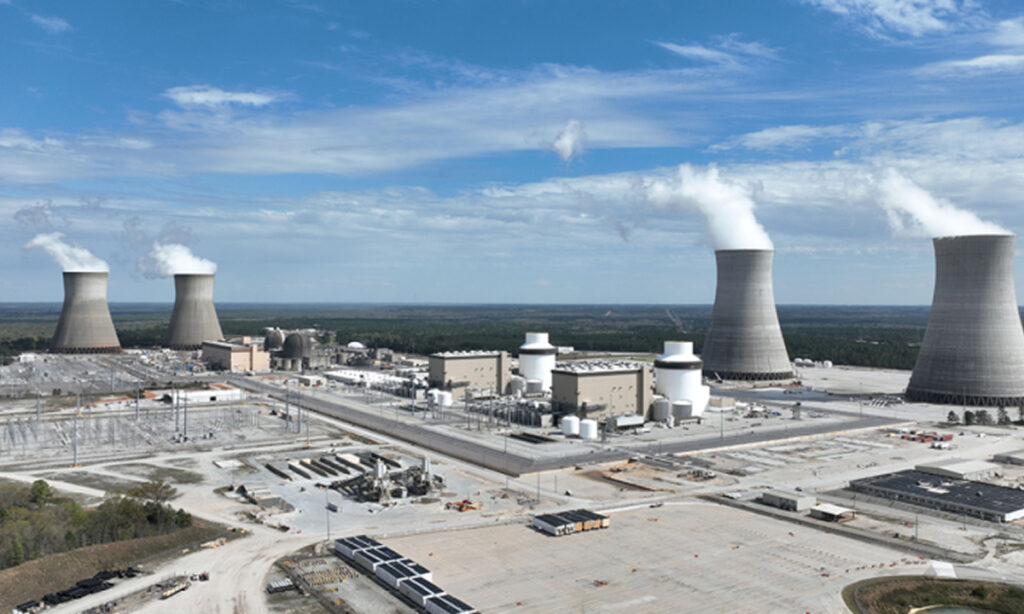
Coastal Bridges
Bridges built near coastlines face challenges like high humidity, salt-laden air, and strong winds — all of which accelerate corrosion and structural weakening. Steel used in such environments must offer strong resistance to rust and be able to handle dynamic load conditions. In coastal infrastructure, corrosion-resistant steel ensures long-lasting performance, reduced maintenance, and better safety for commuters and cargo transport.
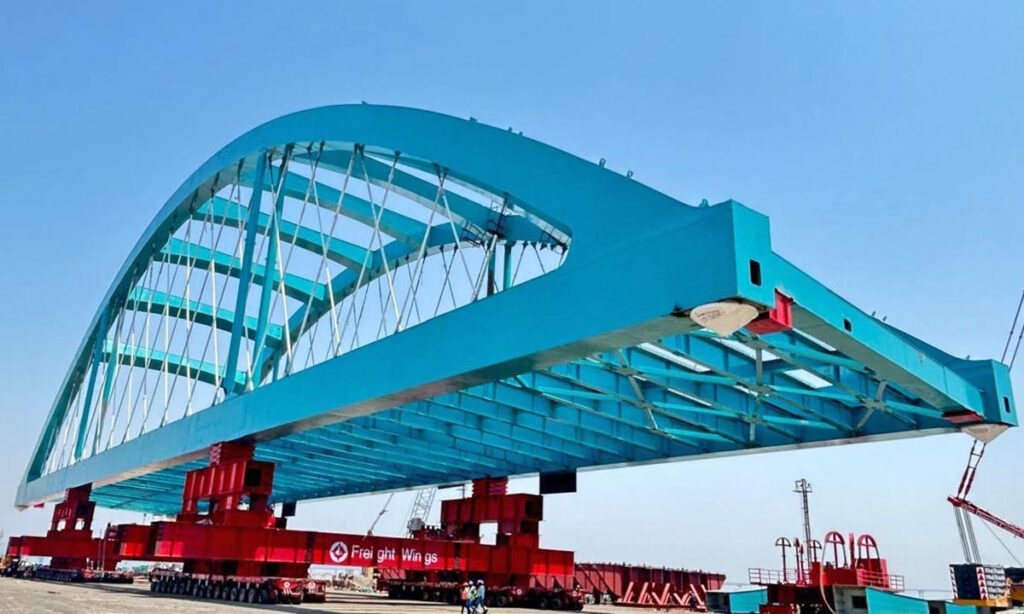
Underground Structures
Structures like tunnels, subways, basements, and underground parking systems are constantly exposed to soil pressure, moisture, and varying ground conditions. Steel used here must deliver high load-bearing capacity and resist corrosion caused by underground humidity. Durable steel reinforcement plays a key role in maintaining the structural integrity and safety of these below-ground developments over the long term.
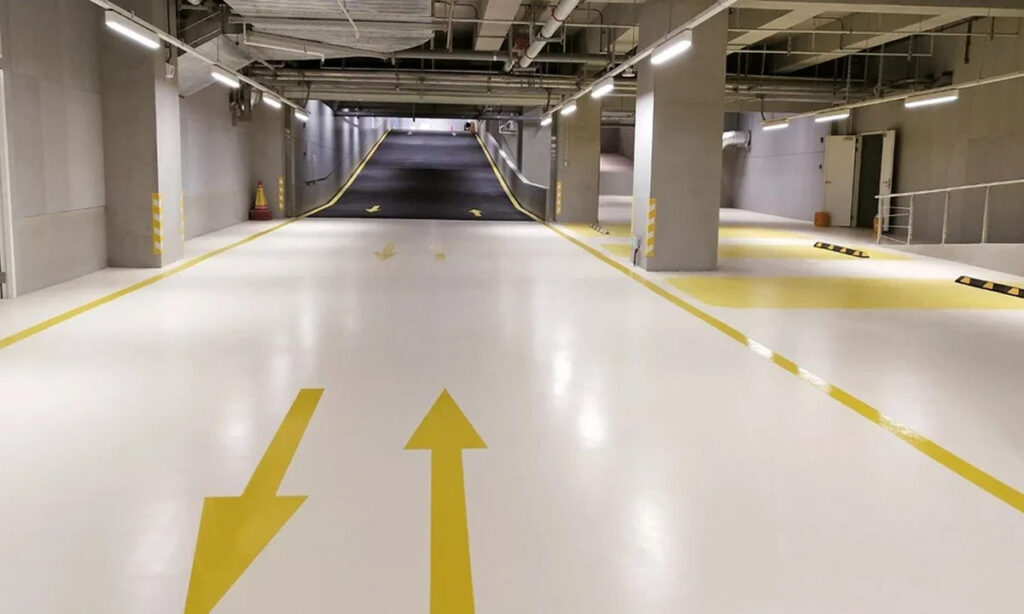
Industrial Structures
Factories, warehouses, workshops, and production units require strong structural frameworks to support heavy machinery, cranes, storage, and constant operations. Steel is used in columns, beams, trusses, and roofing systems. It provides both strength and flexibility for expanding facilities while maintaining safety and durability. Industrial structures benefit from steel’s ability to handle both vertical and horizontal loads efficiently.
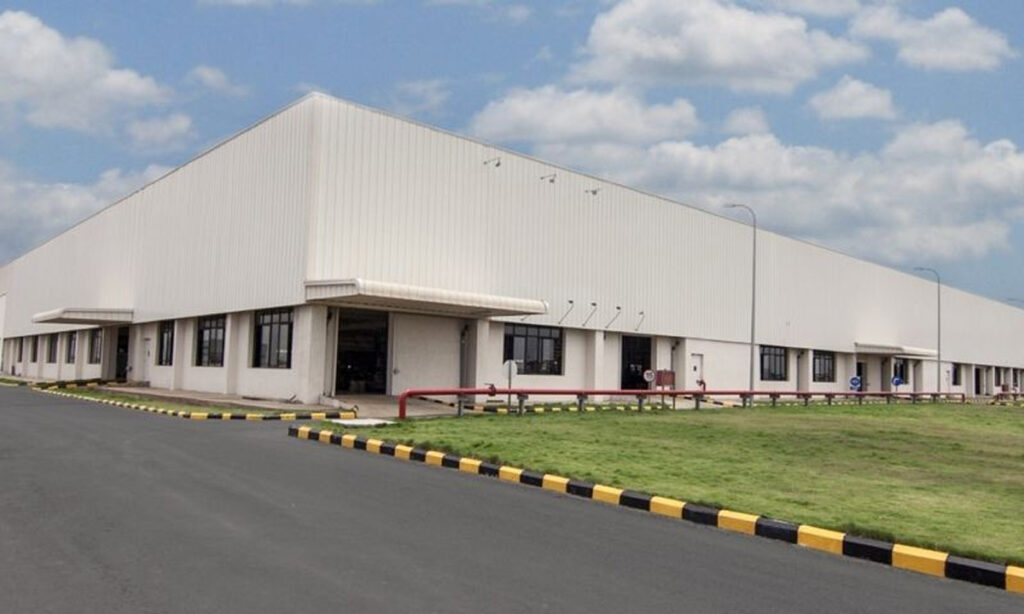
Rsidential Buildings
From the foundation to the roof, steel is essential in building safe and strong homes. It is used in reinforcement bars (TMT bars), structural frames, and other components that provide support to walls, slabs, and ceilings. Steel ensures that the structure can withstand natural forces like wind and earthquakes, while also offering long-term durability. Whether it’s for single homes or housing complexes, steel contributes to safety and peace of mind for residents.

Dams
Dams must hold back large volumes of water and cope with pressure that increases over time. Steel is used in reinforcing concrete structures, spillways, gates, and support channels. It must resist corrosion, handle thermal variation, and remain strong under continuous water pressure. In dam construction, steel ensures the long-term functionality and safety of the entire hydraulic system.
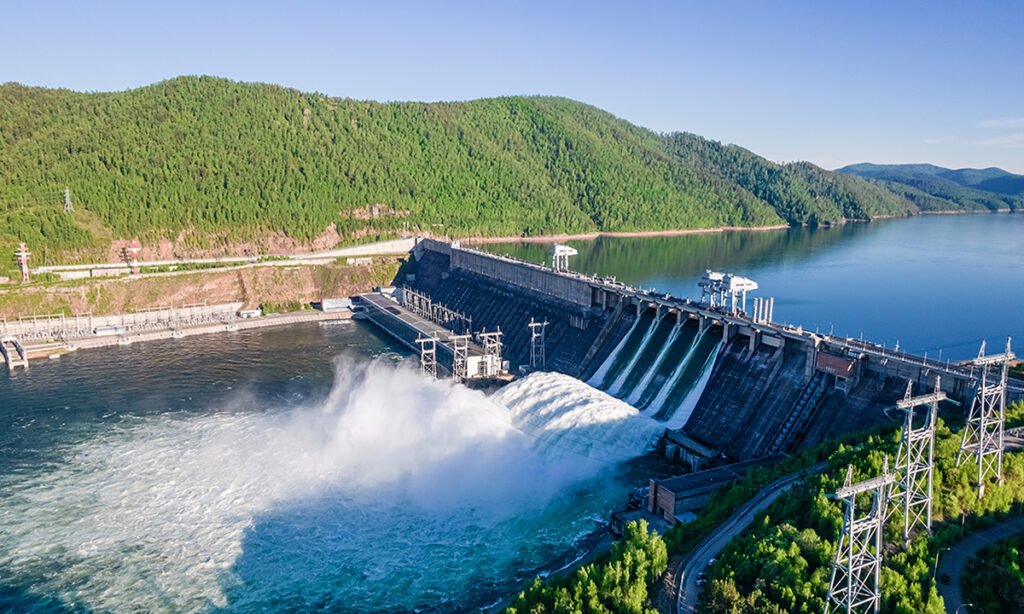
High Rise Buildings
Tall buildings demand materials that can support their own weight while also resisting wind pressure, temperature changes, and seismic activity. Steel is ideal for high-rise construction due to its strength-to-weight ratio and flexibility. It is used in columns, core walls, floor systems, and reinforcement to ensure the stability and safety of the building from base to top. It also allows for faster construction without compromising on quality or safety.
